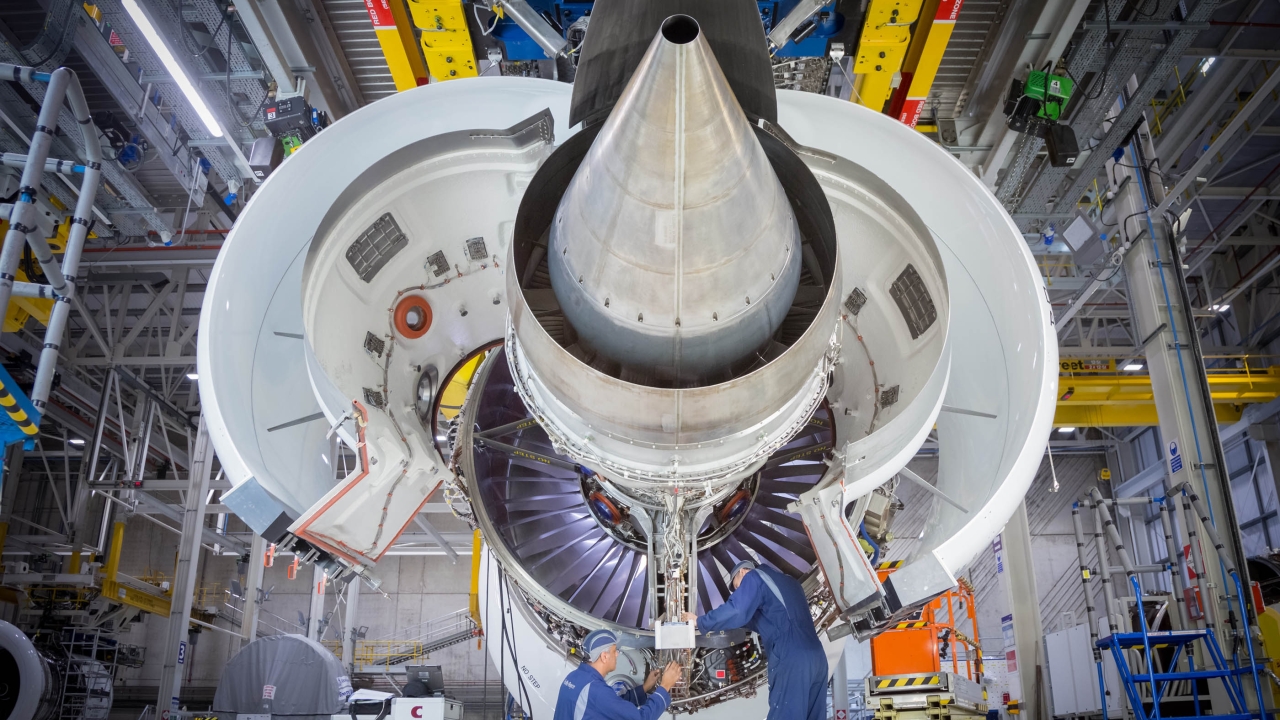AFRAA advocates for better business environment to support Air Transport in Africa

In his visit to Senegal, AFRAA Secretary General, Abdérahmane Berthé, held meetings with some aviation stakeholders on developments in the region and took part in the third meeting on operationalization of the single African air transport market (SAATM) which was hosted at AFCAC headquarters.
Speaking during a session with media, Berthé said: “Aviation in Africa is a fast-growing sector that holds great promise for the continent’s economic prosperity. African carriers will only become profitable and globally competitive when all stakeholders in the ecosystem adopt best practices that establish a conducive environment to help airlines grow and reclaim Africa’s most profitable routes which are currently dominated by foreign carriers.”
According to a 2019 AFRAA Annual report, air transport in Africa currently supports 6.2 million jobs and $55.8 billion of GDP and is expected to grow at a rate of 4.6% annually for the next 20 years. This growth in traffic is increasingly being matched by route expansion by African airlines.
He added that the association had witnessed the renaissance of the air transport market in West Africa exemplified by the revival of defunct carriers and the rollout of ambitious expansion plans reiterating AFRAA’s commitment to supporting carriers in the region realise growth objectives.
In a presentation during a media roundtable, Berthé highlighted the fact that African airlines still struggle with many challenges including high taxes and charges imposed by governments, poor intra-Africa connectivity and market access limitations, blocked funds which are monies generated by an airline in foreign operations that cannot be moved for any reason as well as overpriced jet fuel just to name a few. These conditions according to data negatively impact the ability of African airlines to grow their footprint and offer competitive fares to passengers to grow their traffic.
Stay up to date
Subscribe to the free Times Aerospace newsletter and receive the latest content every week. We'll never share your email address.

